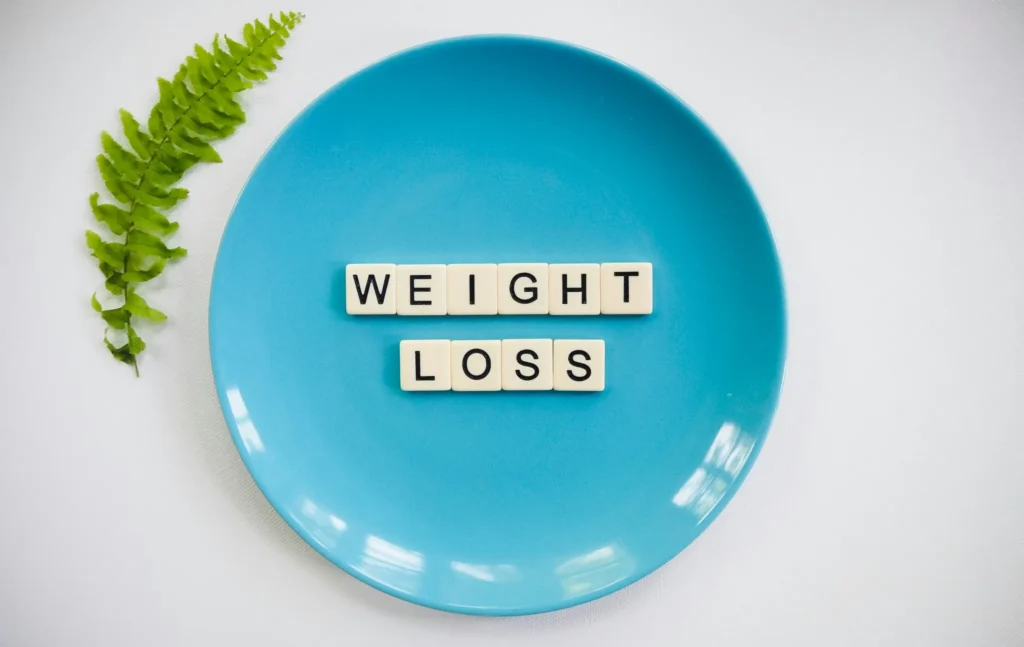Breaking Down the Myths of Keto weight loss: Separating Fact from Fiction
The ketogenic diet, or keto diet, has gained immense popularity in recent years as a weight loss strategy. However, with its rise in popularity, numerous myths and misconceptions have also emerged. In this article, we will break down some of the most common myths surrounding keto weight loss and separate fact from fiction.
Myth #1: You can eat unlimited amounts of fat on the keto diet.
Fact: While the keto diet is high in fat, it is not a free pass to eat unlimited amounts of fat. The key to successful weight loss on the keto diet is to maintain a calorie deficit, which means you need to consume fewer calories than you burn. Eating excessive amounts of fat can lead to consuming too many calories, which can hinder weight loss efforts.
Myth #2: The keto diet is a quick fix for weight loss.
Fact: While some people may experience rapid weight loss on the keto diet, it is not a quick fix. Sustainable weight loss requires long-term lifestyle changes, including a balanced diet and regular exercise. The keto diet can be a helpful tool in achieving weight loss goals, but it is not a magic solution.
Myth #3: The keto diet is unhealthy because it eliminates entire food groups.
Fact: While the keto diet restricts carbohydrates, it does not eliminate entire food groups. The diet focuses on high-fat, moderate-protein, and low-carbohydrate foods, which can still provide all the essential nutrients your body needs. It is important to make sure you are getting a variety of foods to ensure you are meeting your nutritional needs.
Myth #4: You can eat as much protein as you want on the keto diet.
Fact: While protein is an essential macronutrient, eating excessive amounts of protein on the keto diet can hinder weight loss efforts. The body can convert excess protein into glucose through a process called gluconeogenesis, which can kick you out of ketosis. It is important to consume moderate amounts of protein while following the keto diet.
Myth #5: The keto diet is only effective for short-term weight loss.
Fact: The keto diet can be effective for both short-term and long-term weight loss. Many people have successfully maintained their weight loss on the keto diet for years. However, it is important to approach the diet as a lifestyle change rather than a temporary fix.
Myth #6: The keto diet is only for people who need to lose a lot of weight.
Fact: The keto diet can be beneficial for people looking to lose a few pounds or maintain their current weight. It can also be helpful for managing certain health conditions, such as epilepsy, diabetes, and metabolic syndrome. The diet is adaptable to individual needs and goals.
Myth #7: The keto diet is difficult to follow and requires strict adherence.
Fact: While the keto diet can be challenging for some people, it is not necessarily difficult to follow. With proper planning and preparation, you can easily incorporate keto-friendly foods into your daily routine. There are also many resources available, such as cookbooks, meal plans, and support groups, to help you stay on track.
Myth #8: The keto diet is not sustainable in the long term.
Fact: The keto diet can be sustainable in the long term if done correctly. Many people have successfully maintained their weight loss and health benefits on the keto diet for years. It is important to listen to your body, make adjustments as needed, and seek guidance from a healthcare professional if necessary.
Myth #9: The keto diet is only for young, healthy individuals.
Fact: The keto diet can be beneficial for people of all ages and health conditions. It has been shown to improve various health markers, such as blood sugar levels, cholesterol levels, and blood pressure. However, it is important to consult with a healthcare professional before starting the diet, especially if you have any underlying health issues.
Myth #10: The keto diet is a one-size-fits-all approach to weight loss.
Fact: The keto diet is not a one-size-fits-all approach to weight loss. It is important to personalize the diet to fit your individual needs and goals. Some people may thrive on a strict ketogenic diet, while others may benefit from a more flexible approach. It is crucial to listen to your body and make adjustments as needed.
Frequently Asked Questions (FAQs)
Q: Can I eat fruits on the keto diet?
A: While most fruits are high in carbohydrates, there are some low-carb options that can be included in moderation, such as berries and avocados.
Q: Is the keto diet safe for pregnant or breastfeeding women?
A: It is important for pregnant or breastfeeding women to consult with a healthcare professional before starting the keto diet, as it may not be appropriate for everyone.
Q: Can I drink alcohol on the keto diet?
A: Alcohol can be consumed in moderation on the keto diet, but it is important to choose low-carb options and be mindful of the potential impact on ketosis.
Q: How long does it take to see results on the keto diet?
A: Individual results may vary, but many people experience weight loss and other health benefits within a few weeks of starting the keto diet.
Q: What are some common side effects of the keto diet?
A: Some common side effects of the keto diet include fatigue, headaches, and digestive issues, which are often temporary and can be managed with proper hydration and electrolyte intake.
In conclusion, the keto diet can be a successful weight loss strategy when done correctly. By separating fact from fiction and dispelling common myths, you can make informed decisions about whether the keto diet is right for you. Remember to consult with a healthcare professional before starting any new diet or weight loss plan to ensure it is safe and appropriate for your individual needs.

